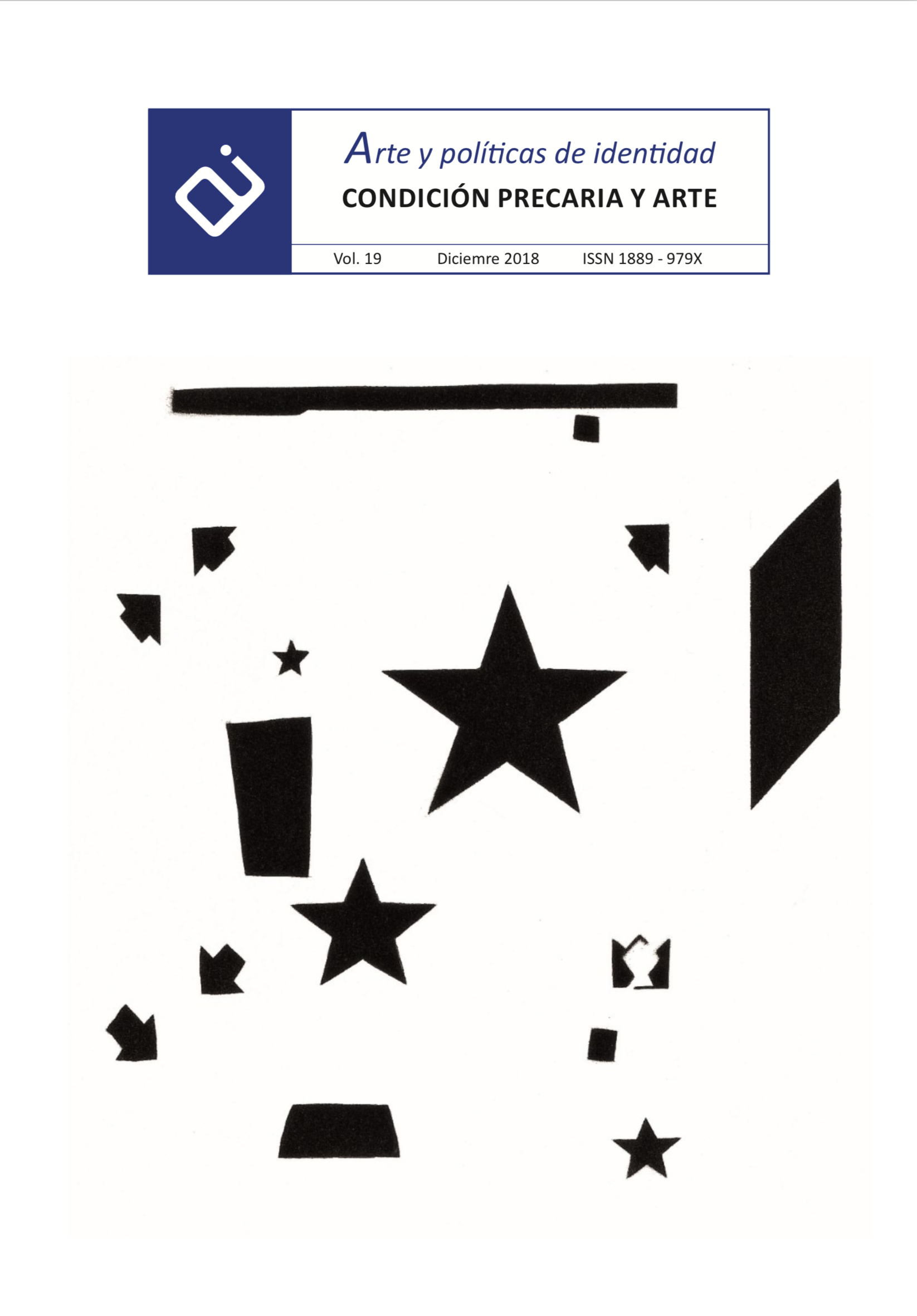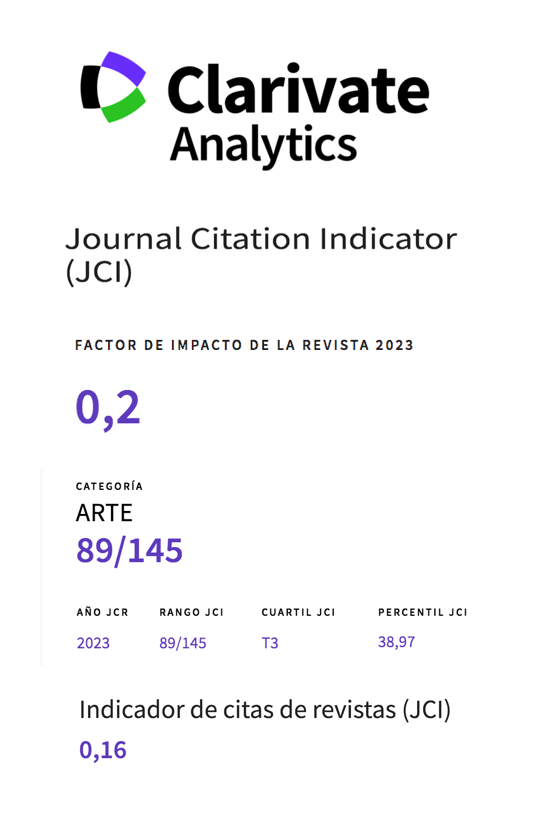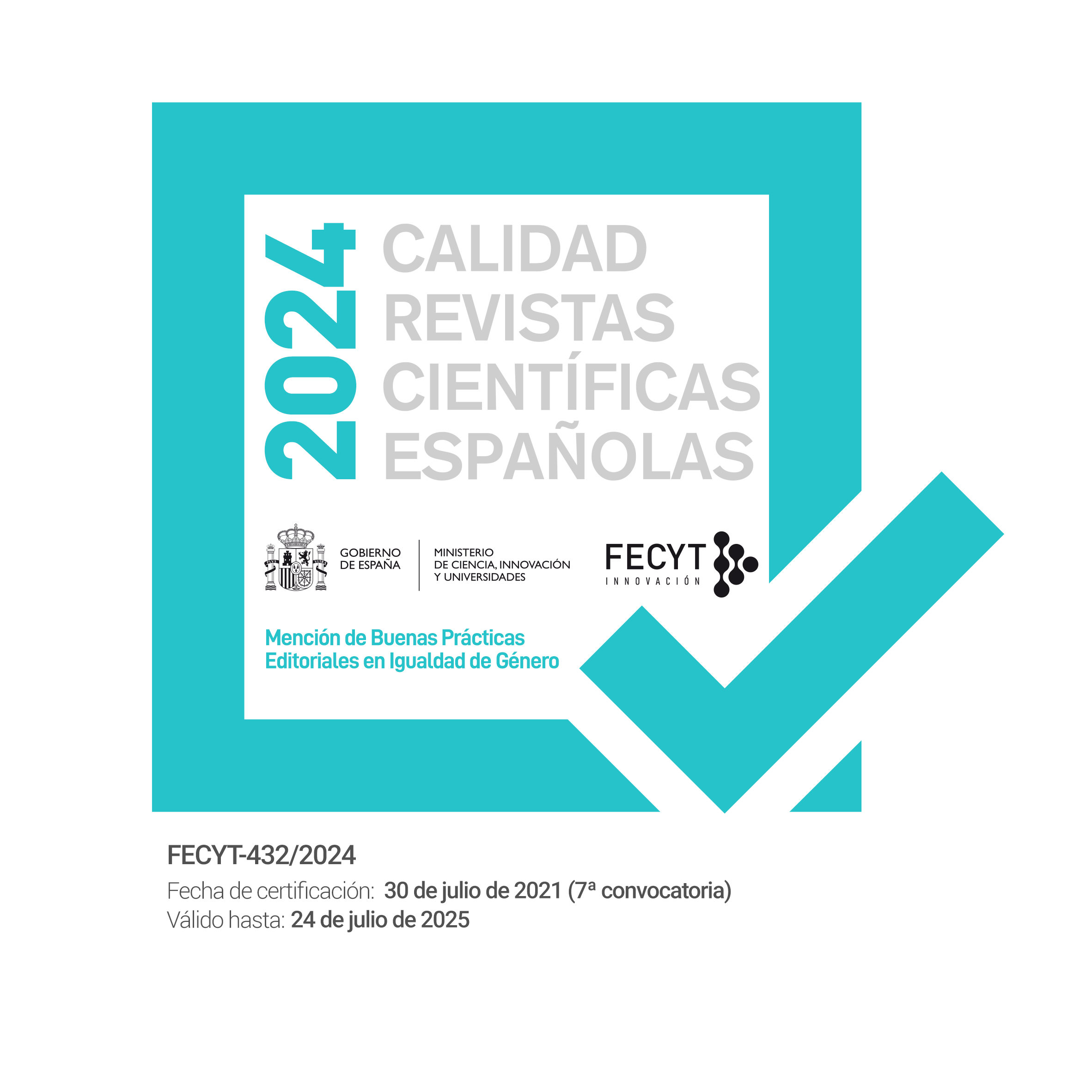Creativity under pressure
The effects of de-institutionalization and marketization on creative labour
Abstract
Although there are plentiful examples of exceptionally successful people working in the arts, many artists find it difficult to establish and maintain themselves in creative labour. This paper analyses sustainable creativity through the lens of the so-called artistic biotope. It proposes that sustainable creativity in the arts requires a balance between the different spheres of the artistic biotope: the domestic domain, the peer domain, the civil domain and the market domain. Yet, artists and creative professionals experience increasing pressures from the market domain nowadays, as its quantifying logic intrudes upon the domestic, educational and civil spheres of the biotope. Hence the central question of this paper: what are the consequences of such decreasing institutional protection and increasing marketization of the artistic biotope? Answersare sought via an e-survey in which 1.591 artists and creative professionals in Western Europe participated. It is argued that a market that imposes its logic onto other spheres—in this case in the artistic biotope—will consequently begin to transform itself. These consequences are described in terms of ‘feedback’: (1) work-life-imbalance, (2) isomorphism, and (3) monopolization
Downloads
-
Abstract939
-
PDF (Español (España))935
References
Adams, B.N. (1971). The American Family. A Sociological Interpretation. Chicago, USA: Chicago University Press.
Bal, M. (2006). Exposing the Public. In S. Macdonald (Ed.) A Companion to Museum Studies (pp. 525-542). Wiley Online Library. Blackwell Publishing Ltd. doi: https://doi.org/10.1002/9780470996836.fmatter
Biesta, G. (2013). The Beautiful Risk of Education. Boulder & London: Paradigm Publishers.
Bott, E. (1957). Family and Social Network. Roles, Norms and External Relationships in Ordinary Urban Families. New York, USA: Free Press.
Bourdieu, P. (1984). Distinction: A Social Critique of the Judgement of Taste. Cambridge, USA: Harvard University Press.
Corbin, J.M., & Strauss, A. (1990). Grounded theory research: procedures, canons, and evaluative criteria. Qualitative Sociology, 13(1), 3-21.
DiMaggio, P., & Powell, W. (1983). The iron cage revisited. Isomorphism and collective rationality in organizational fields. American Sociological Review, 48(2), 147-160.
DiMaggio, P., & Powell, W. (1991). The New Institutionalism in Organizational Analysis. Chicago, USA: University of Chicago Press.
Gill, R., & Pratt, A.C. (2008). In the social factory? Immaterial labour, precariousness and cultural work. Theory, Culture & Society, 25(7-8), 1-30.
Gielen, P., & Laermans, R. (2004). Een Omgeving voor Actuele kunst. Een Toekomstperspectief voor het Beeldende-Kunstenlandschap in Vlaanderen. Tielt, Belgian: Lannoo.
Gielen, P. (2005). Art and social value regimes. Current Sociology, 53(5), 789-806.
Gielen, P. (2009). The Murmuring of the Artistic Multitude. Global Art, Politics and Post-Fordism. Amsterdam, Netherlands: Valiz.
Gielen, P., & De Bruyne, P. (2009). Being an Artist in Post-Fordist Times. Rotterdam, Netherlands: NAi.
Gielen, P. (2010). The art institution in a globalizing world. The Journal of Arts Management, Law & Society, 41(4), 451-468.
Gielen, P. (2013a). Artistic praxis and the neoliberalization of the educational space. Journal of Aesthetic Education, 47(1), 58-71.
Gielen, P. (2013b). Institutional Attitudes. Instituting Art in a Flat World. Amsterdam: Valiz.
Gielen, P., & Volont, L. (2014). Sustainable Creativity in the Post-Fordist Condition. Groningen, Netherlands: University of Groningen (internal report).
Gielen, P., & Lijster, T. (2015). Culture: The Substructure for a European Common. In P. Gielen (Ed.) No Culture, No Europe. On the Foundation of Politics (pp.19-66). Amsterdam, Netherlands: Valiz.
Hayes, A.F., & Krippendorff, K. (2007). Answering the call for a standard reliability measure for coding Data. Communication Methods & Measures, 1(1), 77-89.
Heinich, N. (1991). La Gloire de Van Gogh: Essai d’Anthropologie de l’Admiration. Paris, France: Editions de Minuit.
Lijster, T.,Milevska, S.,Gielen, P., & Sonderegger, R. (2015). Spaces for Criticism. Shifts in Contemporary Art Discourses. Amsterdam, Netherlands: Valiz.
Miles, M.B, & Huberman, M. (1994). Qualitative Data Analysis: An Expanded Sourcebook. London, UK: Sage.
Nowotny, S. (2011). Immanent Effects: Notes on Cre-activity. In: G. Raunig, G. Ray, & W. Wuggenig (Eds.) Critique of Creativity: Precarity, Subjectivity and Resistance in the Creative Industries(pp. 9-21). London, UK: Mayfly.
Sennett, R. (2006). The Culture of the New Capitalism. New Haven, USA: Yale University Press.Sennett, R. (2011). The Corrosion of Character: The Personal Consequences of Work in the New Capitalism. New York, USA: Norton.
Van Heusden, B., & Gielen, P. (2015). Arts Education Beyond Art. Teaching Art in Times of Change. Amsterdam, Netherlands: Valiz.
Velthuis, O. (2007). Talking Prices. Symbolic Meanings of Prices on the Market for Contemporary Art. Princeton, USA: Princeton University Press.
Virno, P. (2004). A Grammar of the Multitude. Los Angeles & New York, USA: Semiotext(e).
Weeda, I. (1995). Samen Leven. Een Gezinssociologische Inleiding. Amsterdam, Netherlands: Stenfert Kroese.
Van Winkel, C., Gielen, P., & Zwaan, K. (2012). De Hybride Kunstenaar. Breda, Netherlands: Expertisecentrum Kunst en Vormgeving, AKV, St.Joost, Avans Hogeschool.
Zaretsky, E. (1977). Gezin en Privéleven in het Kapitalisme. Nijmegen, Netherlands: SUN.
Works published in this journal are subject to the following terms:
- The Service of Publications from the University of Murcia (publishing house) keeps the published works’ copyrights, and favors and allows the reuse of these works under the license indicated in point 2.
- Works are published in the journal’s online edition under the license Creative Commons Reconocimiento-NoComercial-SinObraDerivada 3.0 España(texto legal). They can be copied, used, disseminated, transmitted and publicly exhibited, as long as: i) the author and original source of publication are cited (journal, publishing house and work’s URL); ii) they are not used for commercial purposes; iii) the existence and specifications of this license are mentioned.
3. Conditions for auto-file. It is allowed and encouraged that authors share electronically their pre-print version (the pre-reviewed version) and /or post-print version (the reviewed and accepted version) of their Works before the publication, since it promotes its circulation and dissemination. RoMEO color: green.










